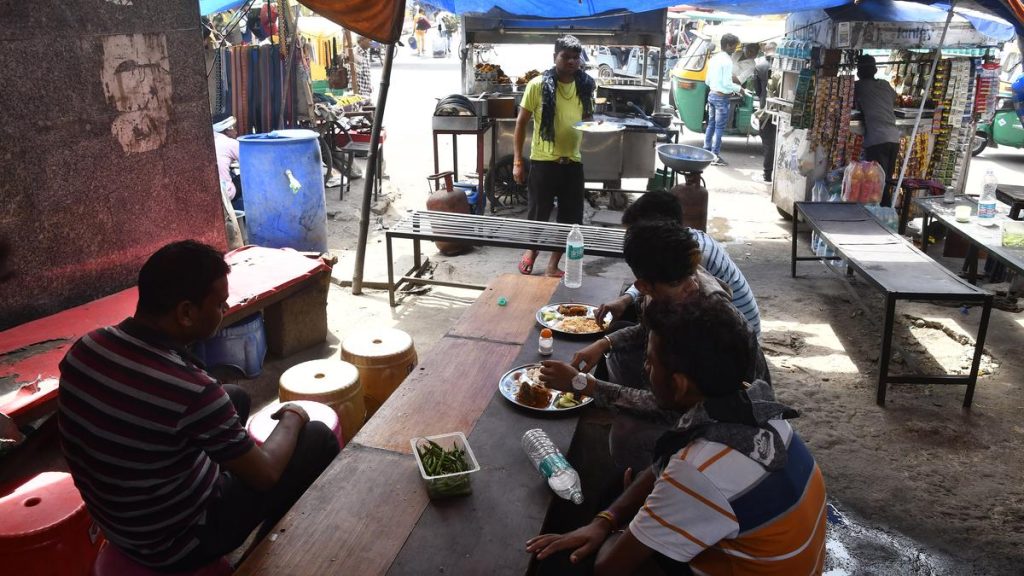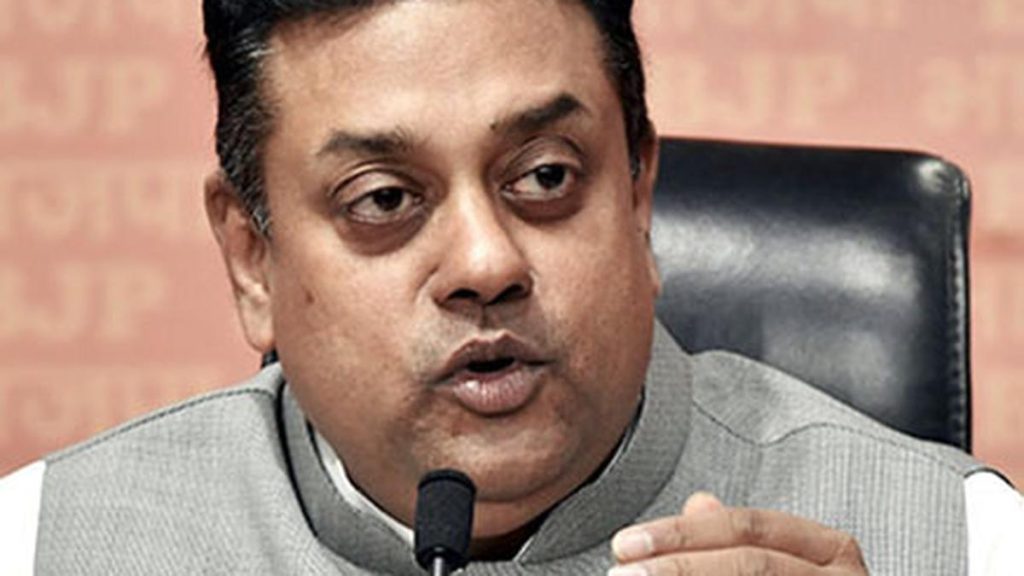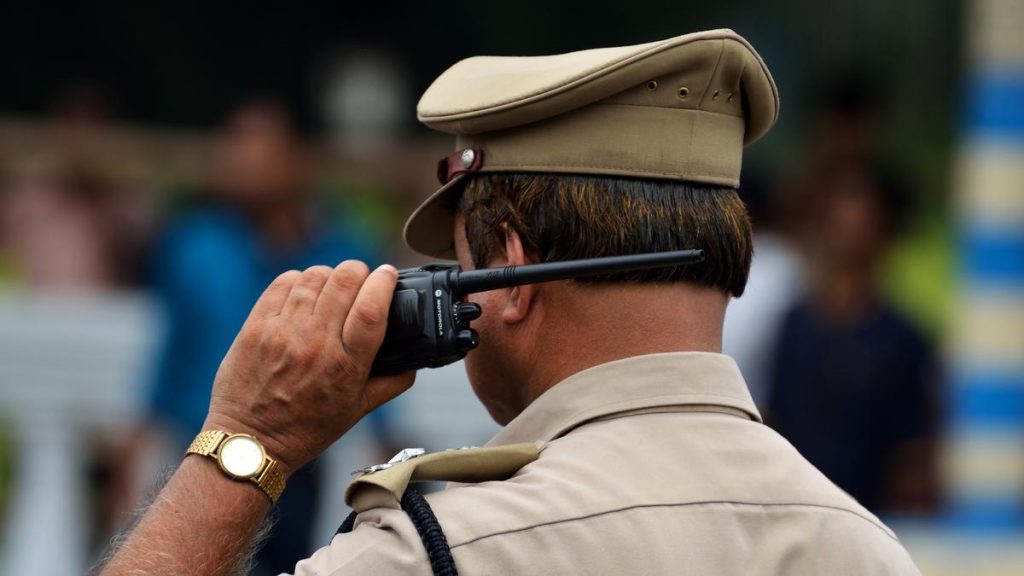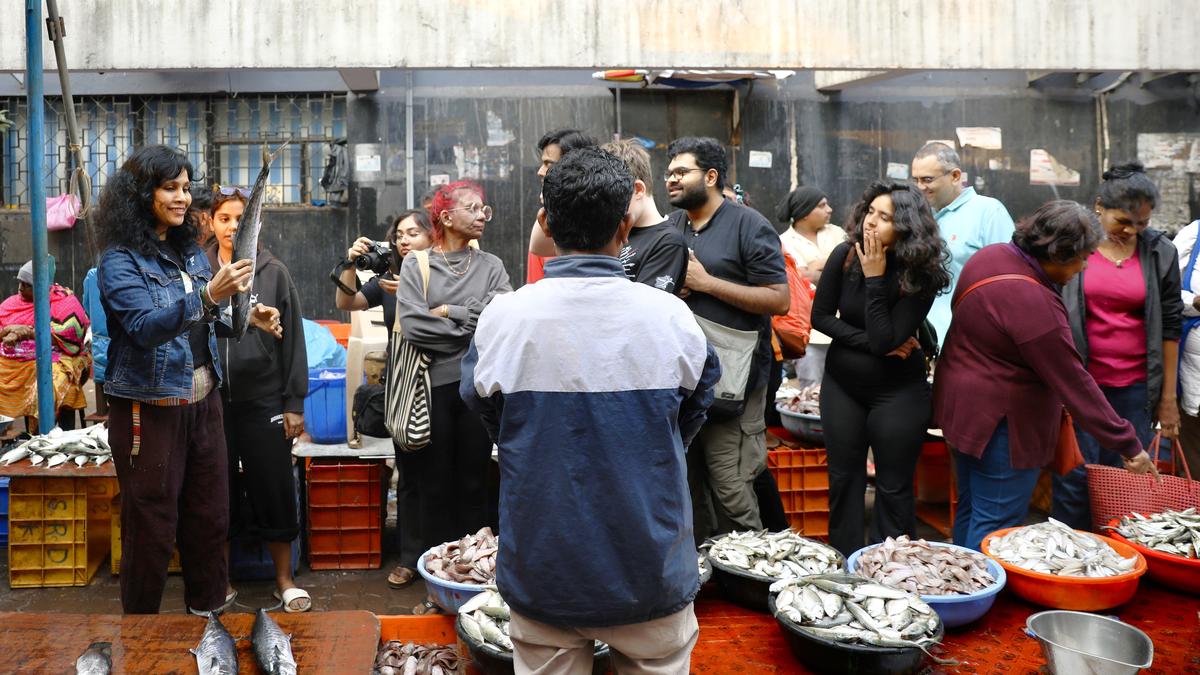Now Reading: Bengaluru Autorickshaw Fares Spike as Meters Stay Off
-
01
Bengaluru Autorickshaw Fares Spike as Meters Stay Off
Bengaluru Autorickshaw Fares Spike as Meters Stay Off
Swift Summary:
- Fare Increase: Minimum autorickshaw fare in Bengaluru revised to ₹36 for the first 2 km (up from ₹30), effective August 1, with ₹18 per additional km. Night fares attract a surcharge of 50%.
- Additional Charges: New baggage charges apply beyond a free limit of 20 kg; waiting charges introduced post initial free five minutes.
- Commuter Concerns: Commuters criticize price hikes across public transport modes, citing affordability and lack of openness in aggregator apps.
- Auto Union Opposition: Autorickshaw unions term the revision “unscientific” and demand a base fare of ₹40 due to increased fuel costs and operational expenses.
- Aggregator Fare Updates: Apps like Ola, Uber, Rapido, and Namma Yatri are expected to update fares based on the goverment directive but lack detailed transparency; Namma Yatri provides clear fare break-ups.
- Expert Opinions:
– Traffic experts emphasize periodic fare revisions aligned with inflation and dynamic pricing mechanisms for better compliance.
– Experts encourage commuters to insist on paying by meters rather than negotiating prices.
(Three Photos Included):
- Over time increase in auto fares impacted by fuel price inflation (Photo Credit: K.Murali Kumar).
- Revised fare structure effective August 1 (Photo Credit: Allen Egenuse J.).
- Concerns over aggregator platforms’ pricing practices raised by passengers (Photo Credit: K.Murali Kumar).
Indian Opinion Analysis:
The upward revision of autorickshaw fares reflects a balancing act between rising living costs for auto drivers and affordability issues for commuters in Bengaluru-a city heavily reliant on intermediate public transport like autos for daily connectivity.
Commuter frustration with app-based aggregators points toward an urgent need for greater transparency within the sector while highlighting gaps in regulatory enforcement around standardized meter usage among conventional autos as well as aggregator platforms adhering strictly to government-fixed rates.
Regularized annual fare revisions could ease dissatisfaction among drivers and improve consistency across both traditional meter operations and app-based rides while accounting for ever-rising operational expenditures like fuel prices or vehicle maintenance costs.
For policymakers, improving overall public transport infrastructure-such as BMTC buses or delayed metro lines-remains critical alongside regulating private intermediaries effectively without alienating either commuters or operators who form the backbone of urban mobility systems.

























